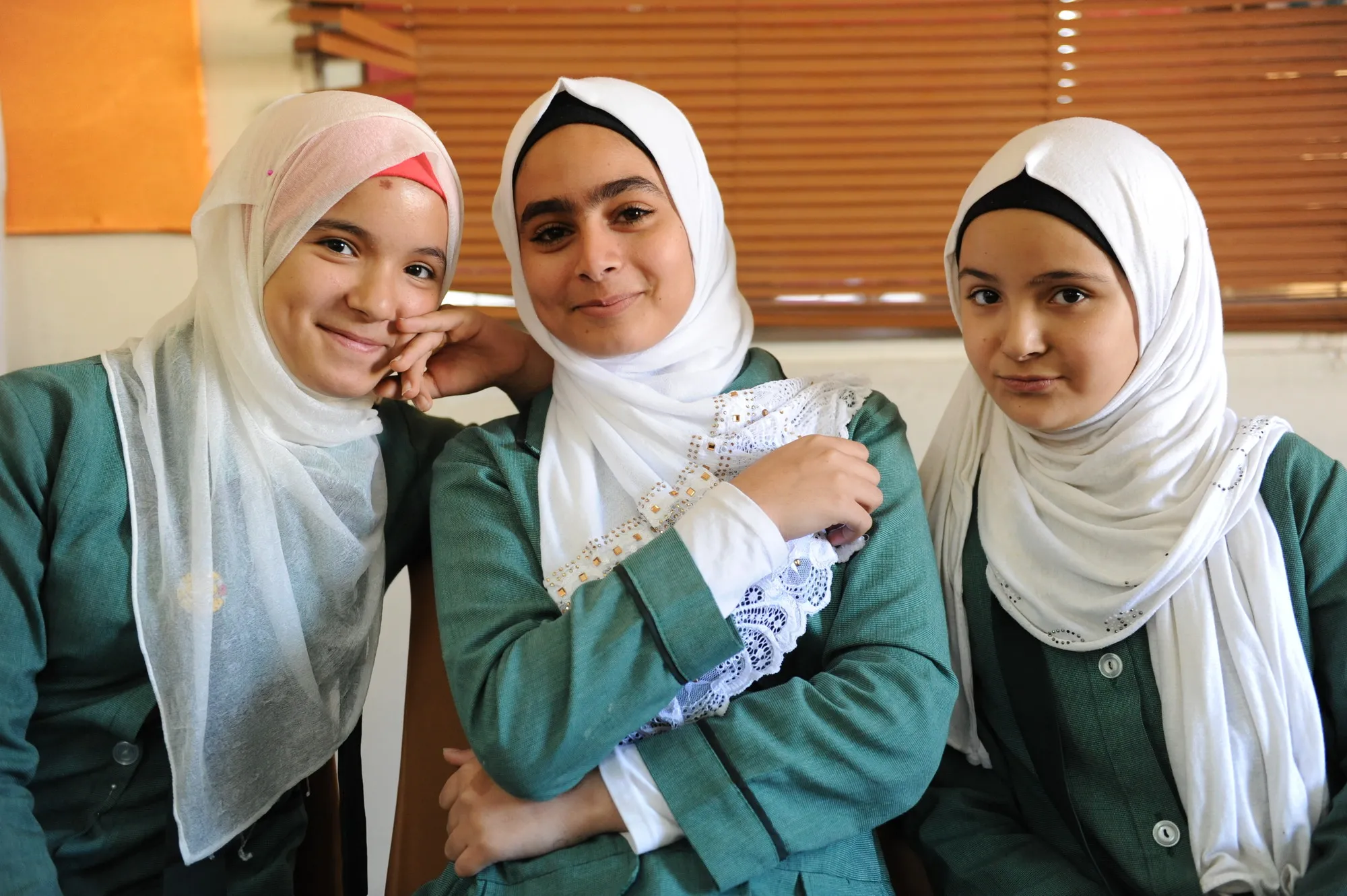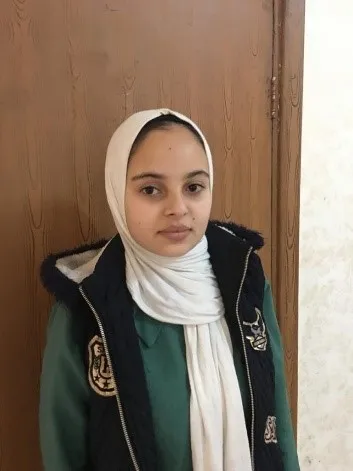CVA has contributed to the humanitarian “participant revolution” by giving recipients greater choice and influence. But are we doing enough to further this revolution by including different segments of society? The Cash Learning Partnership’s (CaLP) “State of the World’s Cash 2020” report suggests that, for real transformation, humanitarians will need to change the way we work, make tough choices, and have significant shifts in mindsets and ways of working including who we involve. CARE believes that one of those shifts should be to involve more youth in programming with CVA.
As humanitarians, we know that the capacities, interests, and needs of women, girls, men, and boys are often different in crises. We also know that best practices demand that we include girls and boys in our needs analyses but too often fail to do so. Most often we attempt to include adolescents through vis proxies—through parents and caregivers. While there are real ethical and practical concerns related to providing CVA to adolescents themselves, there is solid guidance on how adolescents can be involved in analyses and benefit from cash transfer programming.
Encouragingly, the community of practice – led by the Global Education Cluster, Plan International, Women’s Refugee Commission, and the International Rescue Committee, among others – is making progress on research and taking stock of the state of CVA and adolescents. CARE is committed to these efforts, and to taking a gender-sensitive approach to CVA that obliges us to look at the unique needs of people of all genders and ages. That means that we need to listen to young people like Abeer to understand what she and her family need and aspire to so that we can provide better programming through CVA and other modalities. Abeer made clear what she and her family needed, and cash transfers were able to in part address them.
The COVID-19 pandemic had immediate impacts on education among the most vulnerable adolescents in Jordan. By early April 2020, CARE found that 61% of learners were experiencing challenges in accessing education platforms. The CARE Jordan team changed follow-ups with students and their families from in-person to by phone to gauge how the learners were faring during the country’s mandatory lockdown. Fortunately, CARE Jordan found that most participants in its conditional cash transfer programming were engaged in distance learning through television, online platforms, and, in some cases, self-learning. Clearly, even with a new crisis layered upon an already challenging situation, education is a priority for young people and their families.
With some adaptations on how transfers are delivered and follow up with the participating families, CARE Jordan continues to provide conditional cash transfers so that adolescents can maintain their educational pursuits and so that their families receive the assistance they need. Even during these trying times, which make it even more difficult for adolescents to continue their education in Jordan, cash transfers have helped them, and their families keep learning on track. As for Abeer, COVID-19 has not daunted her; she is now attending the eighth grade with perfect attendance.
Holly Welcome Radice is CARE’s Global Cash and Markets Technical Advisor and Nour Al Saaideh is the Director of Protection and Community Engagement for CARE Jordan.


